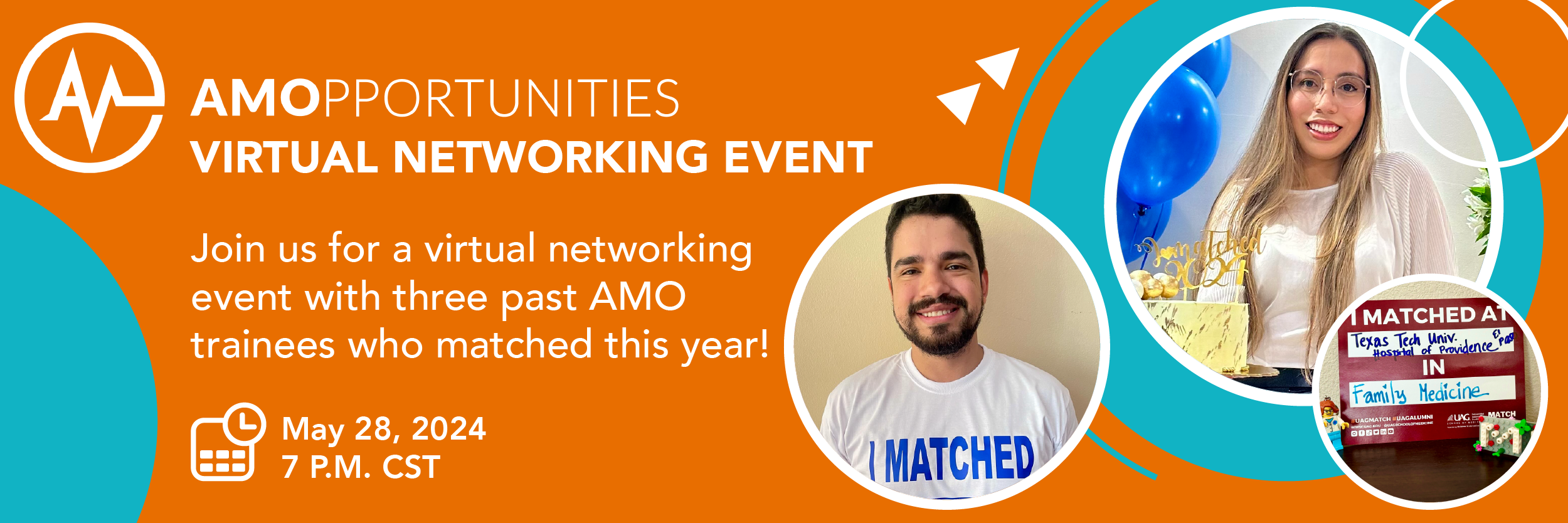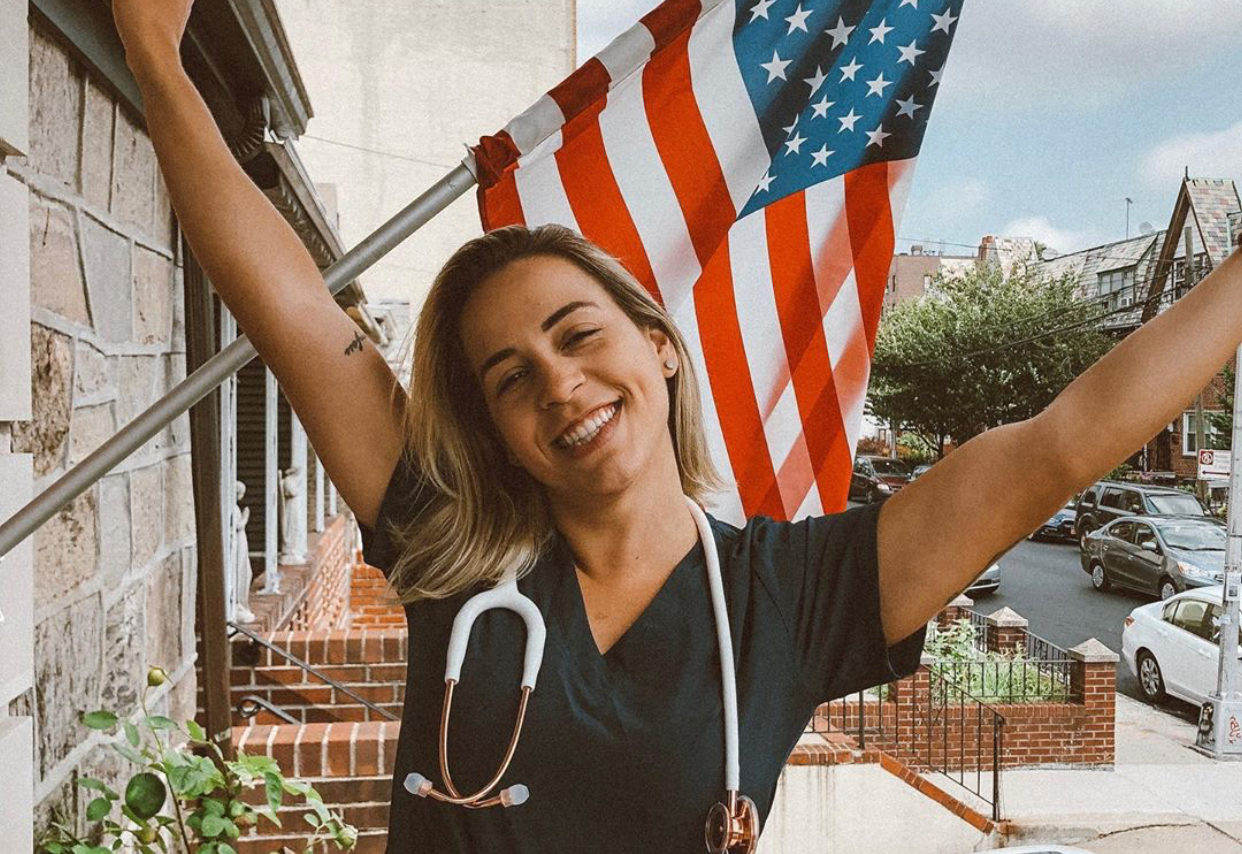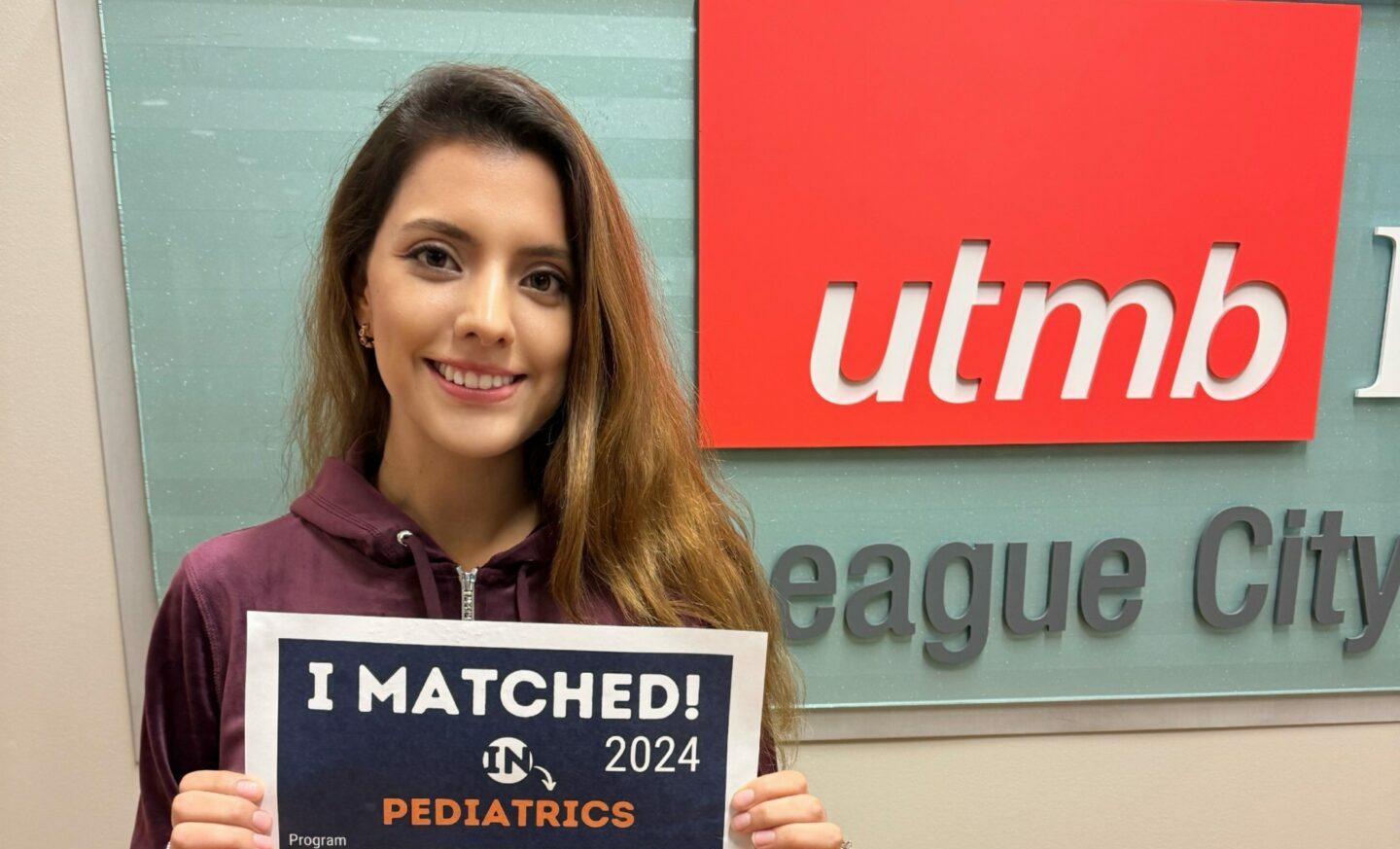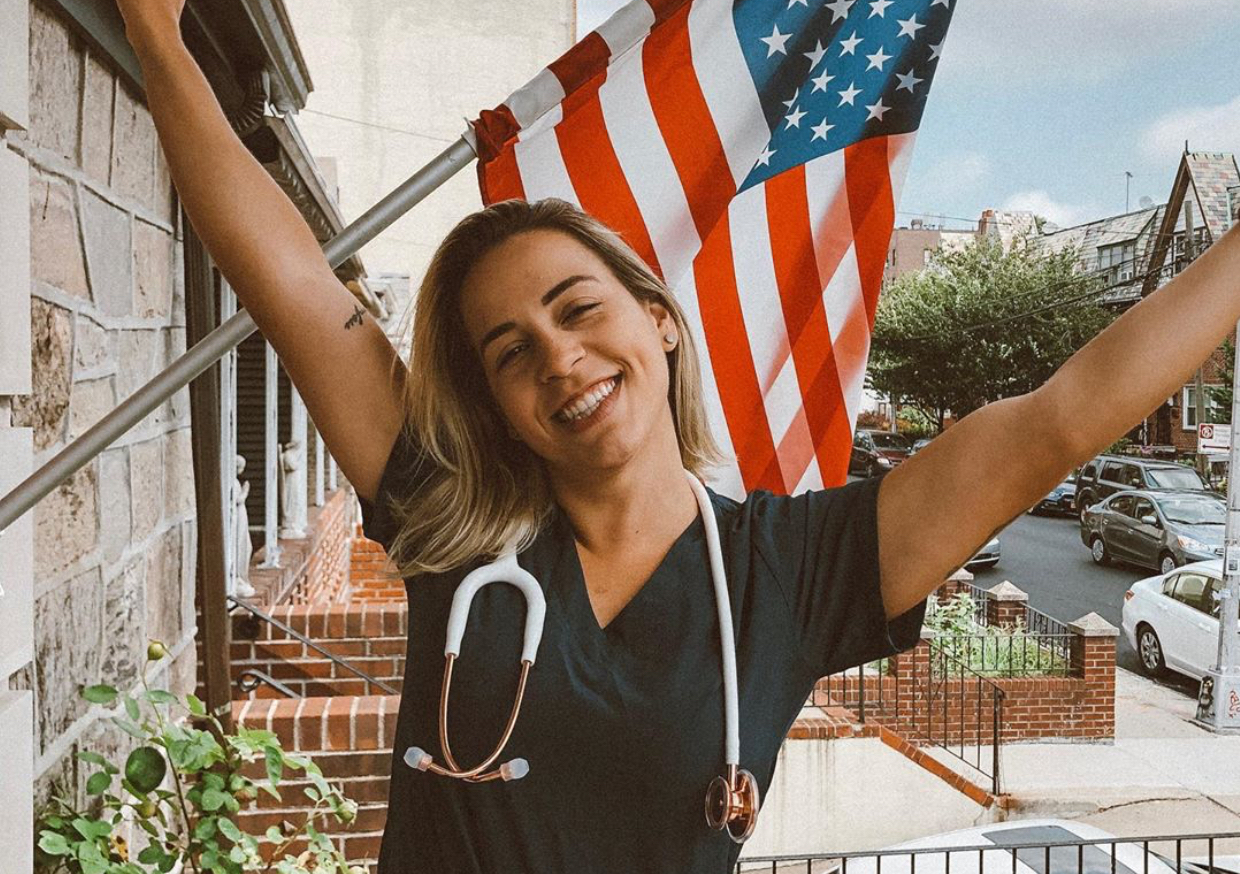Updated March 22, 2024
The unthinkable has happened. You didn’t match this year. After passing the USMLE, obtaining your ECFMG certification, and requesting letters of recommendation from everyone you could think of, you still didn’t get into the program of your dreams—or any program at all, for that matter.We know this reality can be disappointing, so we’ll give you a minute. Go ahead, let it all out. When you’re finished, keep reading.
As a reminder, missing out on residency the first time around does not mean you’re a failure. There are so many things you have to achieve to even get to this point. You graduated medical school (congrats!), you passed multiple USMLE steps, and you dared to request letters of recommendation and go on interviews that can be anxiety-inducing. You’ve accomplished so much, and it’s important to remember that. It’s also important to remember that there is always next year if you want to try again—which we suggest you do. After all, becoming a U.S. physician could help fight a future physician shortage.
If you decide to give U.S. medical residency another chance, use the following information for why your application was rejected and how to improve it during next year’s cycle.
Reasons You Didn’t Match This Year
-
You Did the Bare Minimum
You might have met the application requirements, but if everyone else you’re being compared to has more experience, more letters of recommendation, and higher test scores, your application could be overlooked. If, while applying, you thought your cv/resume looked a little thin, you could have used more research experiences, or you just had nothing to talk about during residency interviews, these things could be to blame. Residency programs want to fill their hospitals and training sites with medical trainees who will provide great care and are willing to put in extra effort to do so. Providing great services and having strong patient outcomes is what keeps the community coming back to that same hospital—it’s also what makes people travel from all across the U.S. to receive that trademark quality care.
-
You Have Little to No U.S. Clinical Experience
If you want to practice medicine in the U.S., you’ll need to have prior experience with the U.S. healthcare system and patients. IMGs often ask if they can list medical experiences they’ve had in their home countries on their cv/resumes. While applicants should include most experiences they’ve had as it can show flexibility and depth of knowledge, you don’t want to apply without some country-specific experience. If you’re an IMG and you haven’t participated in more than one U.S. clinical experience, this could be a reason you didn’t match into residency.
-
Your Letters of Recommendation Are Old
You’ve probably heard the phrase ‘timing is everything.’ In the case of letters of recommendation, that’s pretty much all that needs to be said. Letters of Recommendation used on residency applications should be written within the last two years. Letters that are older than this communicate the wrong information to residency programs. Even if it isn’t true, old LoRs suggest few relationships in the medical community, a lapse in medical experience or training, and even poor medical skills and knowledge. Don’t let old letters of recommendation be the reason you don’t match into residency again—think about finding ways to obtain new ones that speak to your current skills and knowledge.
-
You Ranked the Wrong Programs
It’s not a secret that most medical students dream of getting into the best, most recognized medical residency programs. If you decided to rank the most competitive programs or you have no idea what program match rates are like, you probably did yourself a disservice. Because residency through the National Residency Matching Program relies on an algorithm that considers the preferences of programs and applicants equally, it’s essential to apply to programs that could give you a high ranking. While you can rank up to 100 programs without paying an additional fee, programs rarely rank applicants they haven’t interviewed. After all, it can be hard to get a good idea of someone’s character without speaking to them in person or virtually. If you went on few interviews or ranked programs you’ve never spoken with, this could have factored into why you didn’t match into residency.
How to Increase your Chances of Matching Next Year
-
Add to Your CV/Resume
Look for opportunities, either paid or volunteer that can help you gain experiences with research, healthcare, or even medical education. While it is essential to have broad experiences, you want to make sure there is some quality to how you spend your time. Look for opportunities with well-known healthcare systems or opportunities in which you could get published. Seeking out opportunities like those mentioned may take more time and effort. Still, it will pay off in the long run, especially if you create medical connections, earn letters of recommendation, or become an author. Expanding your experiences can also help you to secure residency interviews. If programs are impressed by your experience and have the test scores to match, you’ll likely get more invites, which means more programs may rank you. Keep an eye out for residency interview invites at the beginning of October, and keep an open mind.
-
Gain U.S. Clinical Experiences and Refresh LoRs
The U.S. healthcare system can be confusing. Care is offered in various settings, insurance policies are complex, and what is considered standard practice here may not be in your home country. Participating in U.S. clinical experiences can give you foundational knowledge about this new healthcare system. Such an experience can also give you new connections and skills. Plus, when you participate in clinical experiences, you have the opportunity to earn letters of recommendation. If yours are looking a little old—a U.S. clinical experience could help! Apply for a clinical experience today >
-
Take the USMLE Step 3
Unfortunately, you can’t retake the USMLE to try for a better score. The workaround we recommend is to take the USMLE Step 3. While most medical trainees choose to take the USMLE after entering residency, taking it early can impress residency programs. By taking the exam early, you show you are willing to go beyond what is expected. It shows that you’re a real go-getter. Because the USMLE Step 3 tests your ability to practice clinical medicine without supervision, passing it may indicate that you have less to learn and are more developed than other residency applicants. While taking this extra USMLE Step will require significant study time and financial investment, you don’t want a low USMLE Step 1 Score to be the reasons you don’t match into residency a second time.
-
Research and Rank IMG-Friendly Programs
Nearly every IMG who matched will tell you that they looked into IMG match rates of the specific program and specialty they are in. Some residency match trends are so strong; they shouldn’t be ignored. To increase your chances of matching, you should research each program’s IMG-match rates and overall match rates. If you’re applying for residency as an older applicant, meaning you graduated medical school more than five years ago, you should also look at the age trends among current program residents.
Because some of this information may be difficult to find on your own, you may consider using a service like Match A Resident. They help medical students find the best residency programs to apply for based on USMLE scores, specialty, time of graduation, and more! imgmatch is another company that can
Now that we’ve identified a few reasons you didn’t match in residency this year and provided solutions to correct them, we hope you see that matching next year is a possibility. Sure, it will require planning, research, and effort but the best things in life—and your career—generally do. Best of luck!
Want to gain U.S. clinical experience and earn an LoR at the same time? Do both with an AMO rotation.






